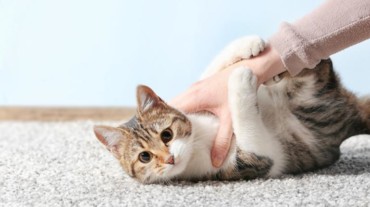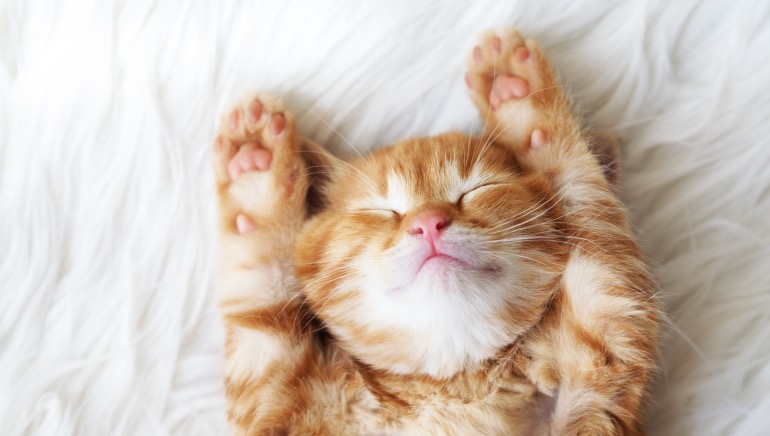
There is a lot of noise about whether covid-19 can spread via pets or not. Initially there were studies that claimed that animal to human transmission has not been seen yet, but on Wednesday, a new study has emerged which might be a cause of concern for all of you who own pets.
According to a new study published on the website of the journal Science, cats can catch the new coronavirus, but dogs appear not to be vulnerable.
And this study has also shuffled things at the World Health Organisation (WHO), which is promising to take a closer look at transmission of the virus between humans and pets.
The study also found that ferrets can also become infected with SARS-CoV-2, the scientific term for the virus that causes the covid-19 disease.

Thankfully, dogs, chickens, pigs, and ducks are not likely to catch the virus
This might be a big relief for some of you. Apparently, the study has not just looked into cats but they have also looked into the other animals that are in close human contact.
The study was aimed at identifying which animals are vulnerable to the virus so they can be used to test experimental vaccines to fight the covid-19 pandemic, which has killed more than 83,000 people worldwide since it emerged in China in December.
SARS-CoV-2 is believed to have spread from bats to humans. Except for a few reported infections in cats and dogs, there has not been strong evidence that pets can be carriers.

Also, read: Are you showing covid-19 like symptoms? Well, keep calm and do this
Sadly, cats as more prone to catch covid-19
Do you know that a tiger at the Bronx Zoo in New York City who developed a dry cough and loss of appetite after contact with an infected zookeeper tested positive for the coronavirus on Sunday?
The study, based on research conducted in China in January and February, found cats and ferrets highly susceptible to the virus when researchers attempted to infect the animals by introducing viral particles via the nose.
Select Topics of your interest and let us customize your feed.
PERSONALISE NOWThey also found cats can infect each other via respiratory droplets. Infected cats had viruses in the mouth, nose, and small intestine. Kittens exposed to the virus had massive lesions in their lungs, nose, and throat.
The authors wrote:
Surveillance for SARS-CoV-2 in cats should be considered as an adjunct to elimination of COVID-19 in humans.
In ferrets, the virus was found in the upper respiratory tract but did not cause severe disease.
Antibody tests showed dogs were less likely to catch the virus, while inoculated pigs, chickens, and ducks were not found to have any strain of the virus.
“It’s both interesting and not terribly surprising in the sense that with the original SARS epidemic, civet cats were implicated as one of the vectors that may have transmitted virus to humans,” said Daniel Kuritzkes, head of infectious diseases at Boston’s Brigham and Women’s Hospital.
“What these data do provide is support for the recommendation that people who are with Covid-19 should be distancing themselves, not only from other household members but also from their household pets, so as not to transmit the virus to their pets, particularly to cats or other felines,” he said.
The WHO is swiftly looking into this study
The World Health Organization said on Wednesday it is working with its partners to look more closely at the role of pets in the health crisis.

Based on the evidence so far, WHO epidemiologist Maria Van Kerkhove told a news conference: “We don’t believe that they are playing a role in transmission but we think that they may be able to be infected from an infected person.”
The WHO’s top emergencies expert Mike Ryan asked people not to retaliate against animals over the outbreak.
“They’re beings in their own right and they deserve to be treated with kindness and respect. They are victims like the rest of us,” he said.
So, if you are feeding stray cats or taking care of them then please wear a face mask while helping them out. Also, you can also sanitize the paws of your pets to be doubly sure. And after doing that please ensure to sanitize yourself properly to prevent a coronavirus infection.
(With inputs from Reuters)